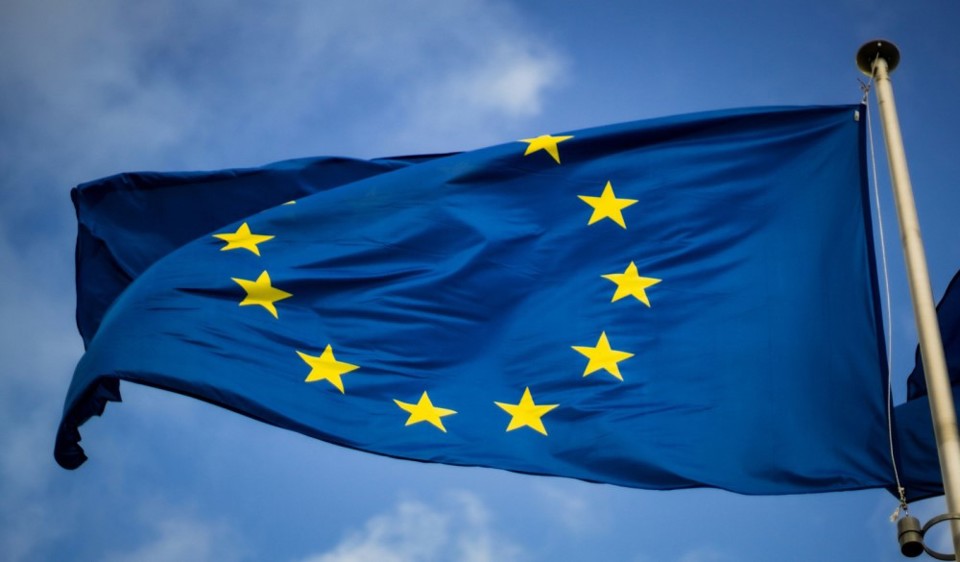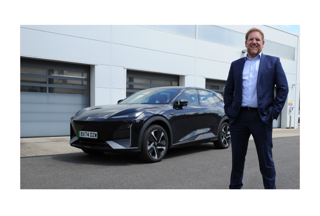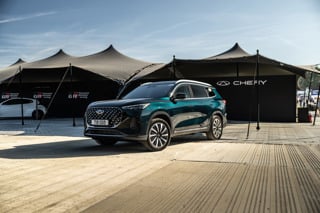The European Union has made a decisive move to implement tariffs of up to 45% on electric vehicles (EVs) manufactured in China.
The European Commission, which received enough support from member states, views the tariffs as a protective measure to safeguard Europe’s car manufacturing industry from being undercut by lower-cost Chinese imports.
“The EU and China continue to work hard to explore an alternative solution that would have to be fully WTO-compatible, adequate in addressing the injurious subsidisation established by the Commission's investigation, monitorable and enforceable,” stated the Commission.
The European Union has made a decisive move to implement tariffs of up to 45% on electric vehicles (EVs) manufactured in China.
The European Commission, which received enough support from member states, views the tariffs as a protective measure to safeguard Europe’s car manufacturing industry from being undercut by lower-cost Chinese imports.
“The EU and China continue to work hard to explore an alternative solution that would have to be fully WTO-compatible, adequate in addressing the injurious subsidisation established by the Commission's investigation, monitorable and enforceable,” stated the Commission.
The decision has drawn mixed reactions from various European leaders. Sweden's foreign trade minister Benjamin Dousa, expressed hope that the Commission could work on "individual solutions" for companies like Volvo Cars, and called for a collaborative approach between the EU and China to resolve the issue.
Hungarian premier Viktor Orban was less optimistic, describing the situation as an "economic cold war" and warned that the tariffs could send a "fatal signal for the European automotive industry" and urged for a quick settlement between the EU and China to prevent a full-blown trade conflict.
Germany, one of Europe’s largest automotive powerhouses, was among five nations that voted against the tariffs. Finance minister Christian Lindner also warned against triggering a "trade war" with China. "We need a negotiated solution," he insisted.
The tariffs have caused alarm among major German car makers, many of whom rely heavily on the Chinese market.
Volkswagen, Europe's largest carmaker which generates around a third of its sales in China, criticised the new duties as "the wrong approach.", arguing that the tariffs would do little to boost the competitiveness of European car makers.
European car manufacturing association ACEA, noting the result of the vote, said "free and fair trade is essential in creating a globally competitive European automotive industry, while healthy competition drives innovation and choice for consumers."
Meanwhile major players like BMW, Ford, and Nissan have expressed serious concerns to UK Chancellor Rachel Reeves regarding the sector's ability to meet national EV adoption targets.
In a letter sent on Friday, industry leaders warned that economic conditions, coupled with inadequate charging infrastructure, are slowing the EV transition.
They cited rising energy costs, higher prices for raw materials, and increasing interest rates as having kept EVs "stubbornly more expensive" than their traditional combustion engine counterparts. “Consumers are wary of investing,” the letter stated.
Login to continue reading
Or register with AM-online to keep up to date with the latest UK automotive retail industry news and insight.



















Login to comment
Comments
No comments have been made yet.